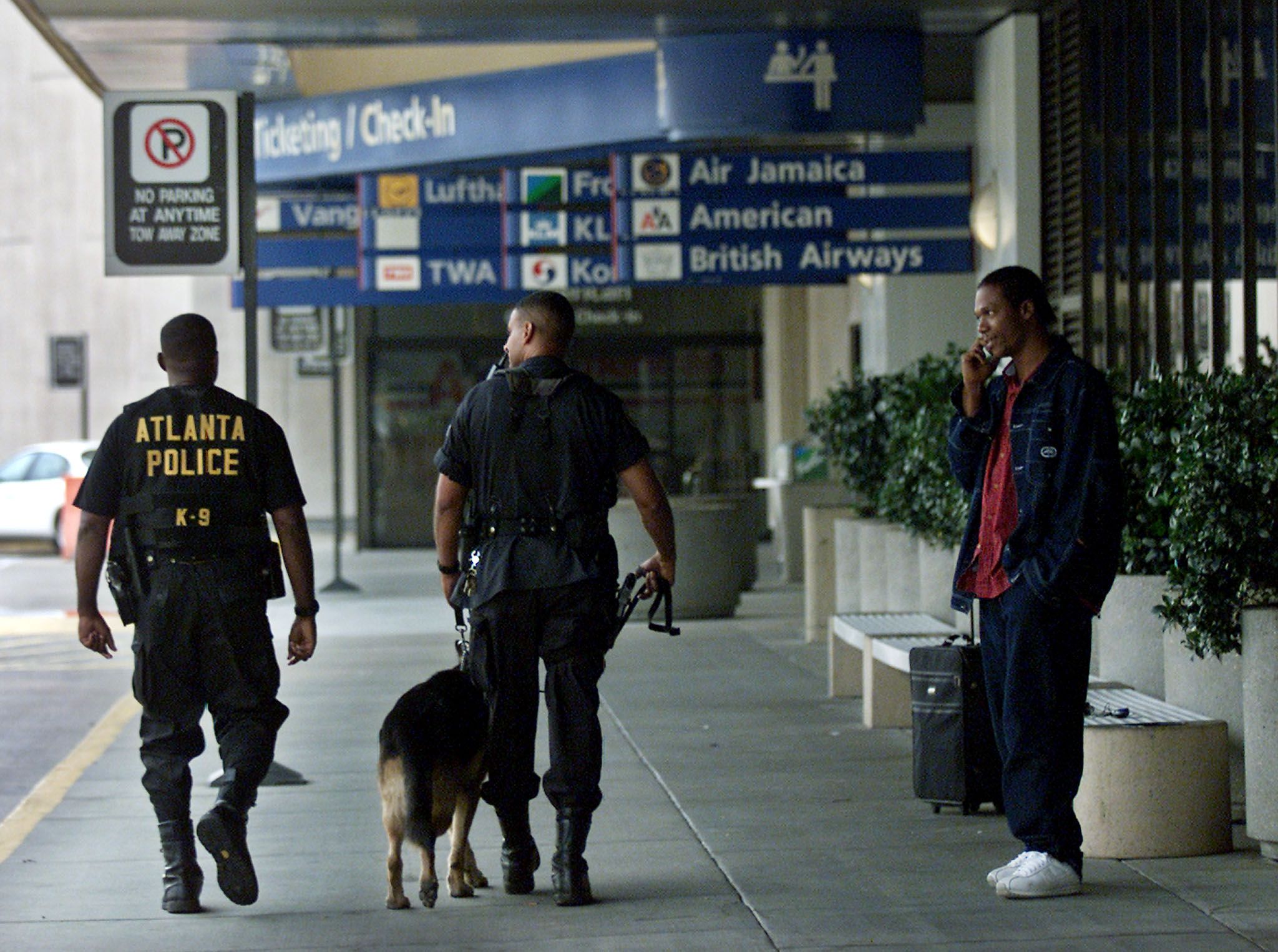
Newsweek has previously reported on the shroud of secrecy surrounding state and local law enforcement's use of Stingrays—tracking devices that give a cellphone's location and extract call logs.
But according to new documents obtained by MuckRock last week, there is a good reason we know so little. Four of the document's six pages are completely redacted, but the few unclassified paragraphs reveal that the FBI required Washington state's Tacoma Police Department (TPD) to sign a nondisclosure agreement (NDA) before obtaining the equipment.
Invoices handed over by the TPD in August revealed that the department first purchased a Stingray in 2007 for $251,752, paid for by a grant from the U.S. Department of Justice. In 2013, the TPD upgraded the device and received training on its new capabilities—also largely funded by the feds.
The document obtained by MuckRock also reveals intimate collaboration among the FBI, Harris Corp. and the Federal Communications Commission (FCC) to not only proliferate Stingray technology among police but also to keep the information secret.
The document shows that the TPD informed Harris of its desire to acquire "certain wireless collection equipment/technology." Harris manufactures cellphone tracking devices like the Stingray and sells them to law enforcement with the approval of the FCC. The company has more than $5 billion in annual sales. After receiving the request from the TPD, Harris notified the FBI, which then sent the police department the NDA.
The document makes clear that completion of the NDA is also required by the FCC. Though the FCC authorizes law enforcement to use Stingrays, the fact that the agency requires an NDA from police is peculiar, according to Alan Butler of the Electronic Privacy Information Center. In an interview with MuckRock, he said, "It's not clear to me why the FCC would have an interest in requiring law enforcement agencies to sign NDA's with the FBI, unless they were concerned that the spread of this technology could harm users of American communications networks."
In a discussion with Newsweek, Butler said, "This shows they are regulating to some degree," but "it is not enough for the FCC to cover up the use of these devices to prevent the harm the technology poses to telephone users." This technology, he notes, is already out in the wild.
But the relationship between the FBI, Harris and the FCC may not be as close as this document leads us to believe.
Different documents obtained last week by the American Civil Liberties Union (ACLU) of Northern California reveal that the FCC has given only limited approval for use. The document, an email from a Harris representative to FCC employees, reads, "It sounds as if there is some confusion about the purpose of the equipment authorization application. As you may recall, the purpose is only to provide state/local law enforcement officials with authority to utilize this equipment in emergency situations."
The ACLU says the email's contents show that Harris misled the FCC while it sought approval to sell its devices to law enforcement and possibly indicates that the FCC approved use of the technology with bad information.
Watchdog groups have previously speculated that something like an NDA was behind the lack of information released about Stingrays. But now that the proof is in black and white, in the form of unclassified documents, they are left with some answers—but even more questions.
Uncommon Knowledge
Newsweek is committed to challenging conventional wisdom and finding connections in the search for common ground.
Newsweek is committed to challenging conventional wisdom and finding connections in the search for common ground.
About the writer
Lauren is a reporter covering technology, national security and foreign affairs. She has previously worked on award winning teams at ... Read more
To read how Newsweek uses AI as a newsroom tool, Click here.








